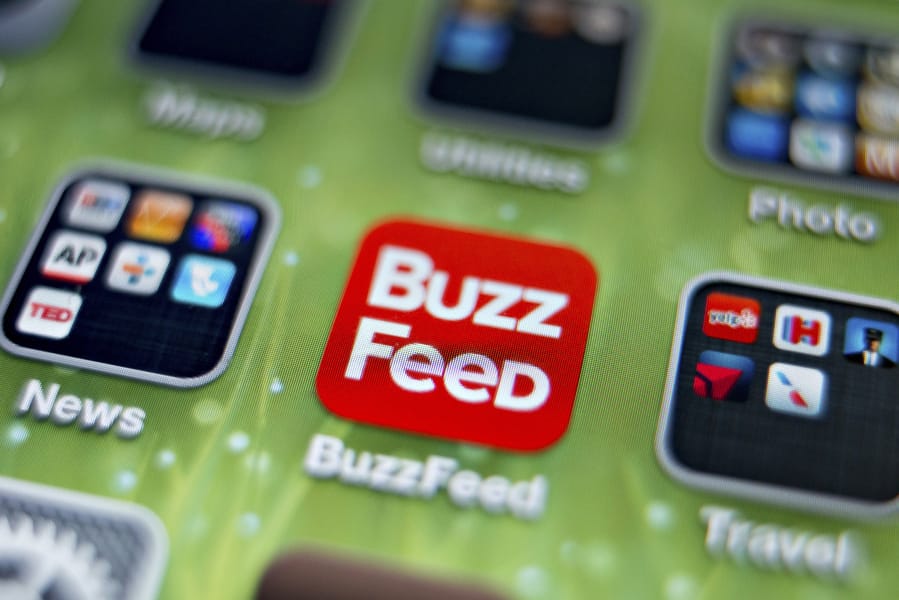Scotts Miracle-Gro, the plant-care giant, had a problem: Millennials weren’t gardening enough.
So the company turned to one of the most renowned experts on millennial behavior, BuzzFeed. But Scotts didn’t just advertise on the site, known for its viral quizzes and lists. Scotts worked with a more obscure part of BuzzFeed focused on inventing new product ideas.
The result was a subscription service for Scotts called Lunarly, which mails houseplants and wellness items based on the lunar calendar. Since launching in July, Lunarly has repeatedly sold out, bringing hope that the garden company can make inroads with younger consumers.
“BuzzFeed helped me build a better product and not just sell my product,” said Patti Ziegler, vice president of global marketing at Marysville, Ohio-based Scotts.
The case highlights BuzzFeed’s push to find new sources of revenue — an increasingly urgent mission as Facebook Inc. and Alphabet Inc.’s Google vacuum up ad dollars in the digital-media industry. BuzzFeed reportedly fell short of its $350 million revenue target last year.
At the center of the commerce effort is a BuzzFeed executive named Ben Kaufman, a 32-year-old serial entrepreneur with a reputation for creating youth-friendly products.
A ‘Shark Tank’-style panel of experts
For Scotts, Kaufman’s team assembled some 40 experts — including engineers, a horticulturist and a Brooklyn woman who lives with 700 houseplants — for a weeklong brainstorming session in December at BuzzFeed’s New York headquarters. The session was similar to “Shark Tank,” with a panel of experts narrowing down a list of product ideas each day, according to Ziegler.
Kaufman’s 65-person team has generated about $50 million in sales this year from deals combining commerce and advertising, according to a person familiar with the matter. But it’s hard to tell how big such a labor-intensive process can ultimately become for BuzzFeed.
Kaufman previously ran a startup called Quirky that brought people’s invention ideas to market and cut deals with companies like General Electric Co., Mattel Inc. and Amazon.com Inc. But it ran out of venture capital funding and was forced to shut down. (Kaufman says Quirky “flamed out” because it relied too much on big-box retailers to market its products.)
BuzzFeed could use a boost. Two years ago, the company was valued at $1.7 billion and its prospects seemed bright. But the digital-media industry has gotten tougher since then. The company laid off 100 people last fall and shut down its podcast team in September.
Before BuzzFeed investors can find an exit through a sale or public offering, the company needs to prove it can develop a diverse mix of revenue from creating TV shows and films, commerce, and licensing or merchandising.
In an interview, Chief Executive Officer Jonah Peretti declined to discuss his company’s revenue for 2018, but said it’s on pace to rise by a double-digit percentage. Commerce “is definitely a big part of our revenue growth,” he said.
BuzzFeed hopes that helping invent products can deepen ties with advertisers and capitalize on its audience data. The idea for Lunarly came after a BuzzFeed employee saw posts about mindfulness were popular on the website and a horticulturist noted that some plants only grow during certain times of year.
The idea is to turn the usual advertiser relationship on its head, Kaufman said.
“Companies make a thing, then tell media companies, ‘Please tell the world about this,”‘ he said. “It should work in a more collaborative fashion. We should say, ‘Here’s what we think the world needs. Can you make this?’ And go back and forth.”



